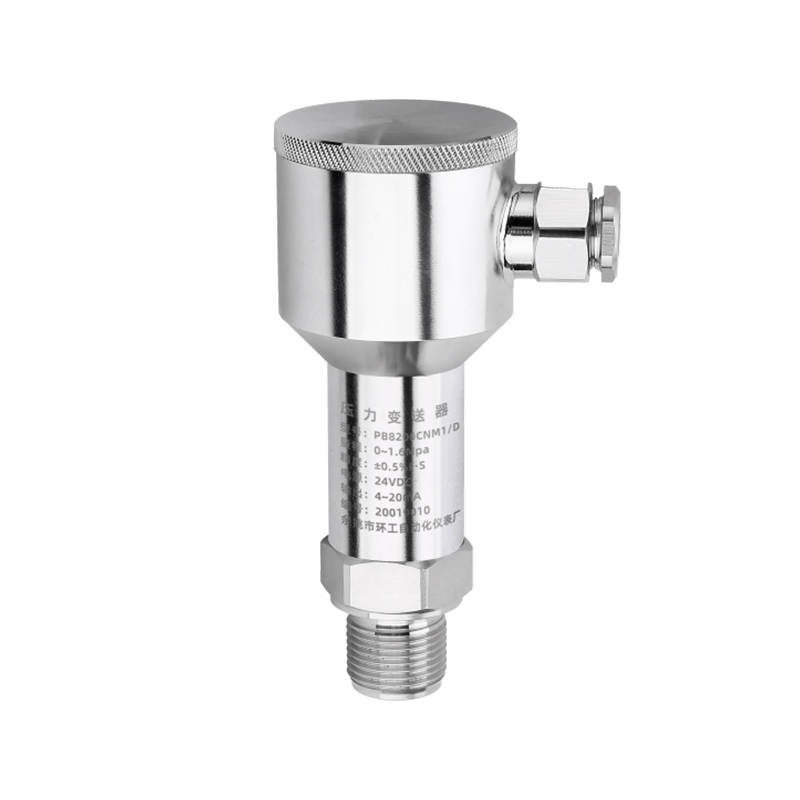1. Type of Liquid
The type of liquid being measured is a critical factor in selecting a
liquid level transmitter. Different liquids have different physical properties, including density, viscosity, and conductivity, which affect the type of level measurement technology needed. For example, corrosive liquids require level transmitters made of corrosion-resistant materials, while viscous liquids require level transmitters that can withstand high pressure and flow rates. Consideration should also be given to the temperature and pressure of the liquid. Some level transmitters can only operate in specific temperature and pressure ranges.
2. Level Precision
Level precision is another crucial factor to consider when selecting a liquid level transmitter. The level of precision required will depend on the application and the degree of accuracy needed. Some applications require high precision, while others require moderate levels of accuracy. Consideration should also be given to the range of measurement needed. Some liquid level transmitters can measure a wide range of levels, while others are limited to specific ranges. It is important to ensure that the selected liquid level transmitter has the required range and precision for the intended application.
3. Environment
The environment in which the liquid level transmitter will be used is another critical factor to consider. Some environments may expose the liquid level transmitter to harsh conditions, including high temperatures, dust, and vibration. The level transmitter must be able to withstand such conditions to ensure accurate and continuous measurement. Waterproof and corrosion-resistant level transmitters are essential for environments where exposure to moisture is inevitable. The selected level transmitter should also be compatible with the installation location and method to ensure efficient and safe operation.
PB8200CNM1 stainless steel type


